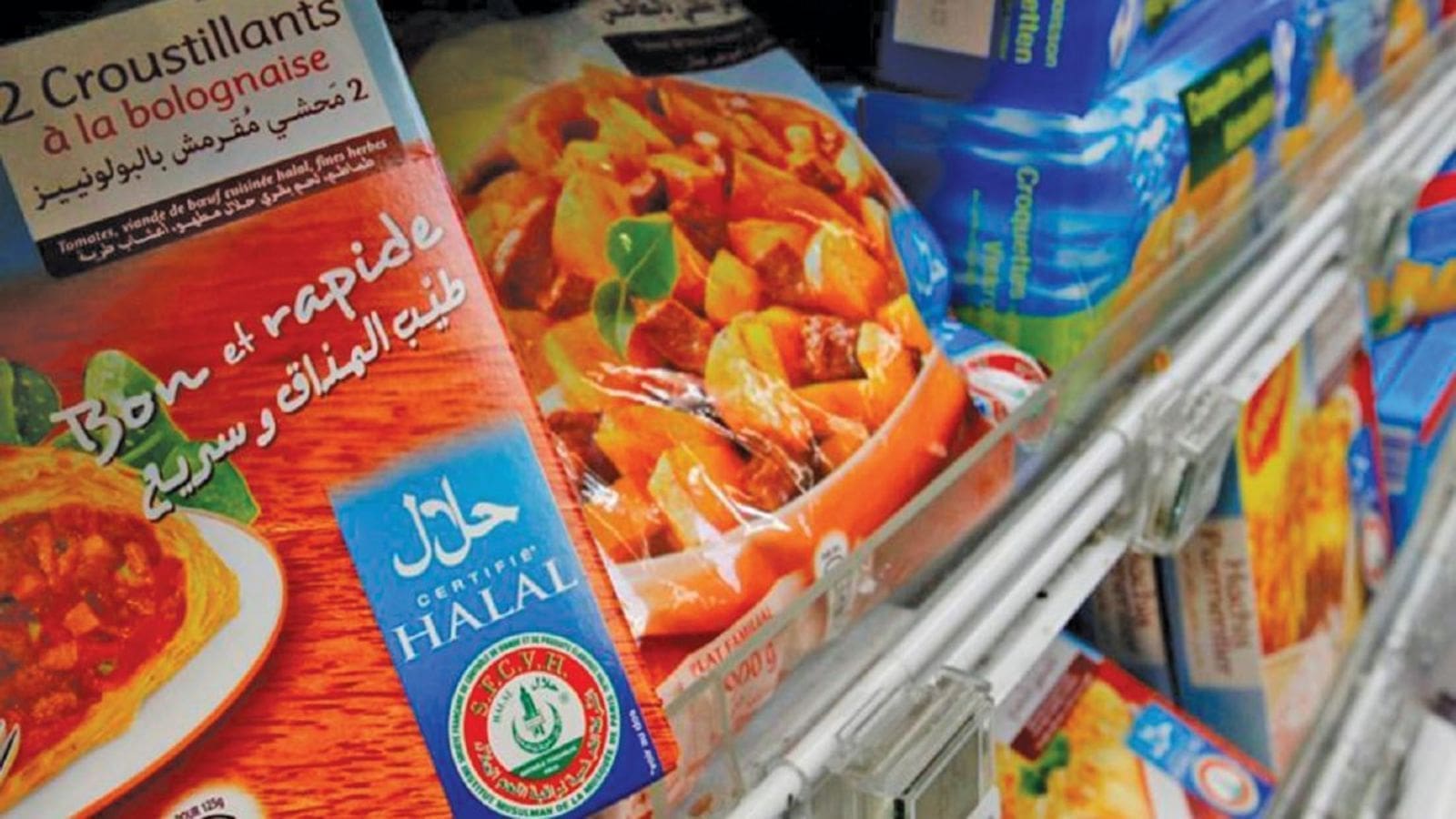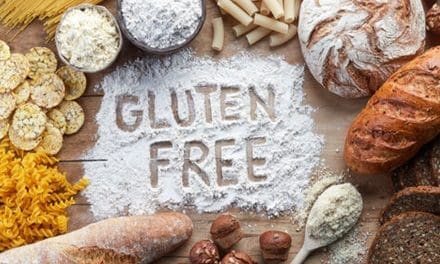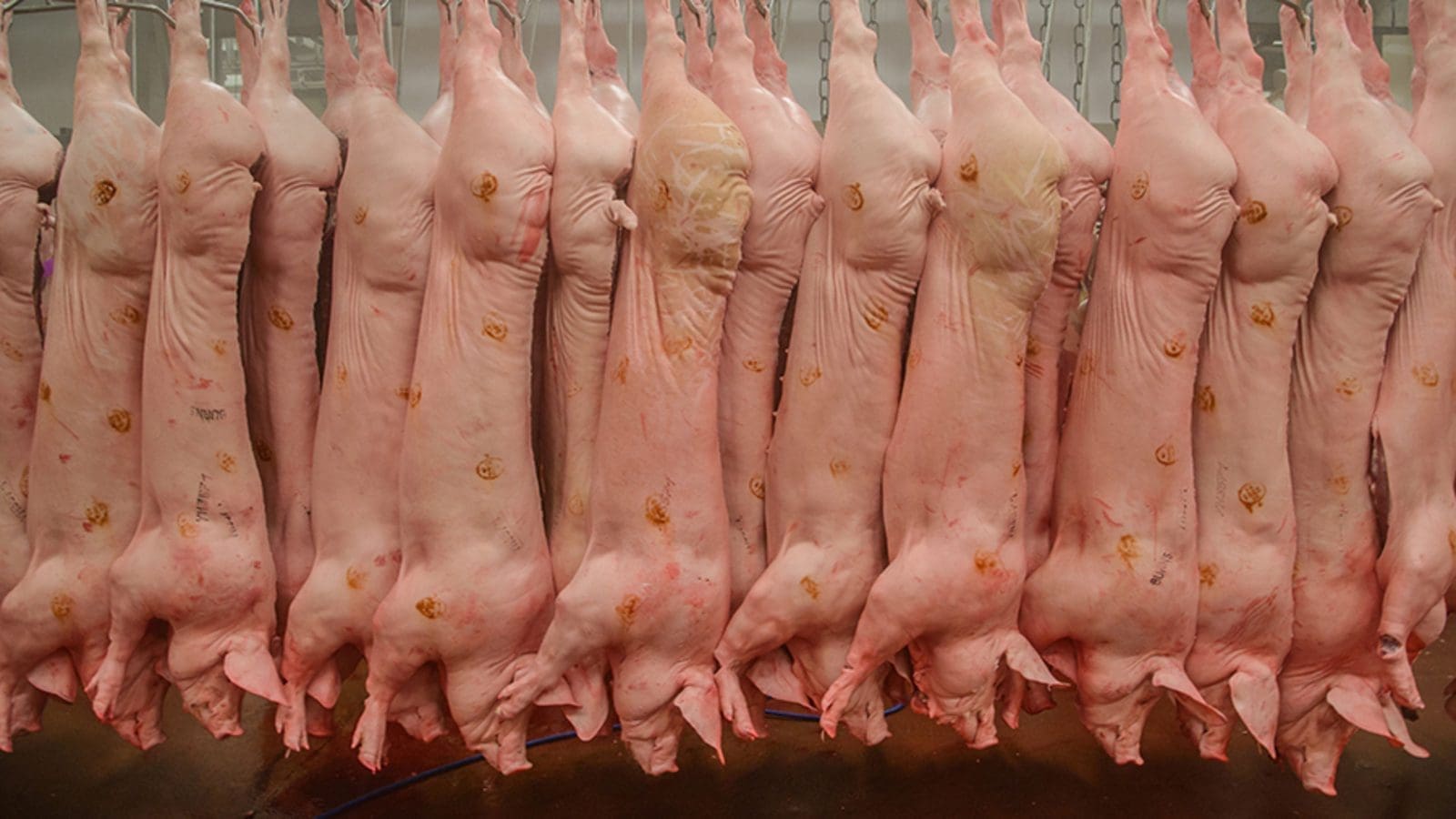MALAYSIA – The government of Malaysia is set to put measures in place to ensure the safety and quality of halal food products and to give a guarantee for halal meats that are imported into the country.
The country’s Prime Minister, Datuk Seri Ismail Sabri Yaakob, said these mechanisms will be implemented by the Department of Islamic Development Malaysia (JAKIM), and several related agencies in response to the imported meat cartel episode in December last year, which served as an eye-opener to many quarters regarding the importance of having a sound management system for the halal product supply chain in Malaysia.
In December last year, the Domestic Trade and Consumer Affairs Ministry had busted a cartel which had smuggled in frozen kangaroo and horse meat before passing it off as beef by repackaging it using the halal logo.
Speaking at the launch of 2021 National Halal Conference, the Prime Minister informed that of the requirements is for animal-based products stored at warehouses to possess the Malaysian Halal Certificate (SPHM) under the scheme for warehousing logistics category. Animal-based products that are imported must also use transportation chains that have received the halal certification.
He added that there will also be a mandatory procedure for re-packaging processes where the companies concerned are compelled to obtain the halal certification under the food-product scheme.
Halal Integrated Information System
To strengthen Malaysian halal certification, Ismail Sabri said JAKIM, a federal government agency in Malaysia that administers Islamic affairs, is developing a RM3.4 million (US$ 810778) Halal Integrated Information System to serve as a database for halal products.
The database will comprise six systems, namely the MYeHALAL (domestic), MYeHALAL (international), the e-Cert Print System, Malaysia International Halal Authority Board (MyIHAB), Module on Application of Foreign Slaughterhouses and Module on Malaysian Halal Product Ingredients Management (MyHALAL Ingredients).
He said that under MyIHAB, JAKIM can regulate 84 foreign halal certification bodies from 46 countries it recognizes.
“Insya-Allah, through this planning, it is expected that beginning from 2023, Keluarga Malaysia (the Malaysian Family) can use this system to check the status of halal products from foreign countries,” he said.
JAKIM is also developing the Malaysian Halal Certification Procedure Manual (International) and International Halal Executive Module.
These two manuals under development are aimed at empowering the Malaysian halal certificate at the international level through the Malaysia Halal Certification Internationalisation Programme, which will enable foreign industry players to apply for the Malaysian halal certificate directly from JAKIM.
In 2020, the Department of Standards Malaysia recognized JAKIM’s efforts to enhance Malaysian halal certification and granted it ISO/IEC 17065 accreditation , making JAKIM the first halal certification body in the country to be accorded recognition on the global stage.
“This accreditation has given an impact not only to various products which have been certified but also contributed to better management in the implementation of halal certification,” said the Prime Minister.
Malaysia’s Halal market
The Prime Minister said that Malaysia’s halal market is expected to contribute 8.1% to the Gross Domestic Product (GDP), with export revenue estimated to be RM56bil (US$13,354,006,400) in 2025. He said the potential for the export of halal products was vast and that in 2020 alone, it contributed RM9.7bil (US$ 2,313,104,680) to the GDP.
This is according to reports from the Economic Planning Unit in the Prime Minister’s Department.
“Judging from the great potential of the halal industry, agencies and industry players must look at how to boost the marketability of local halal products to international markets,” said Ismail Sabri.
He noted that with the global halal economy reported to reach RM10 trillion (US$ 2,384,644,000,000) it was important for Malaysia’s halal industry players to seize the opportunities and search for innovative ways to tap the international market.
Liked this article? Subscribe to Food Safety Africa News, our regular email newsletters with the latest news insights from Africa and the World’s food safety, quality and compliance. SUBSCRIBE HERE








